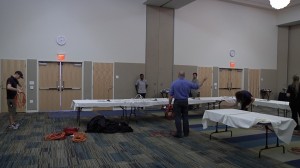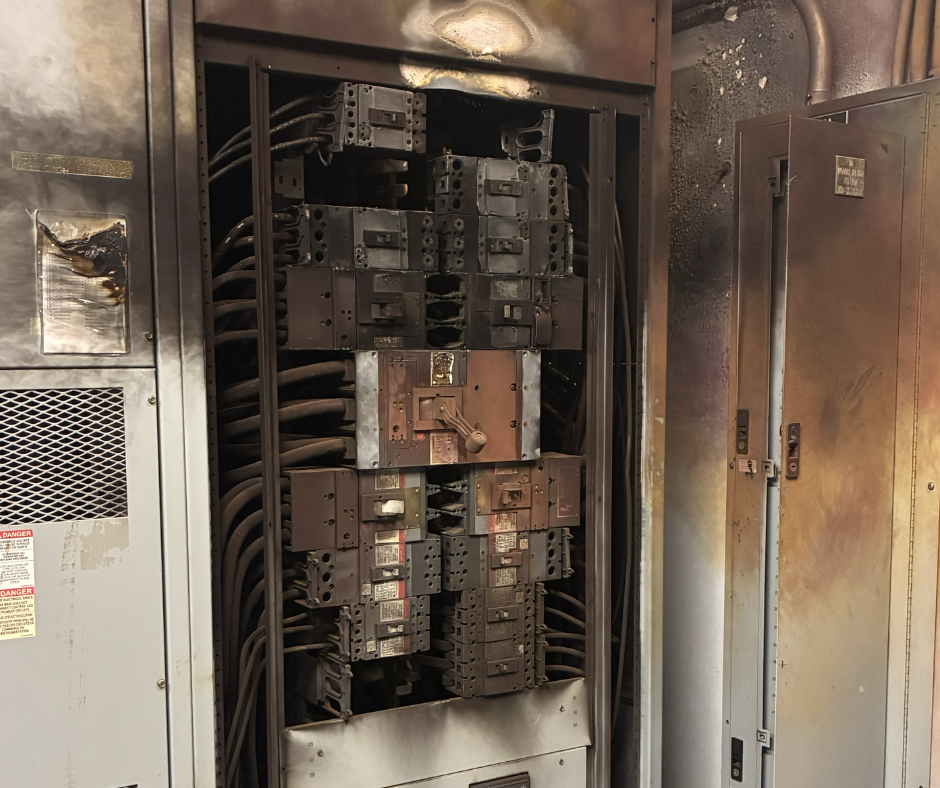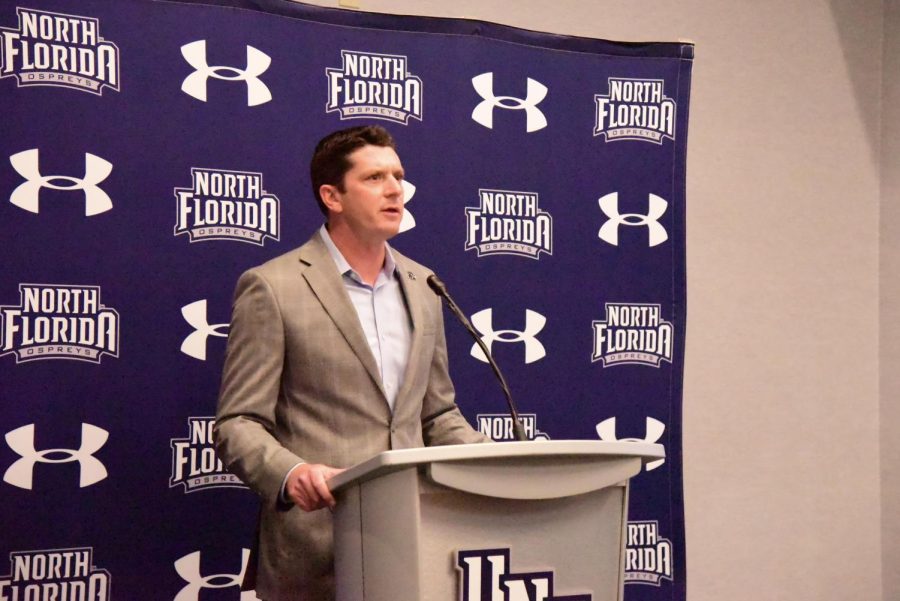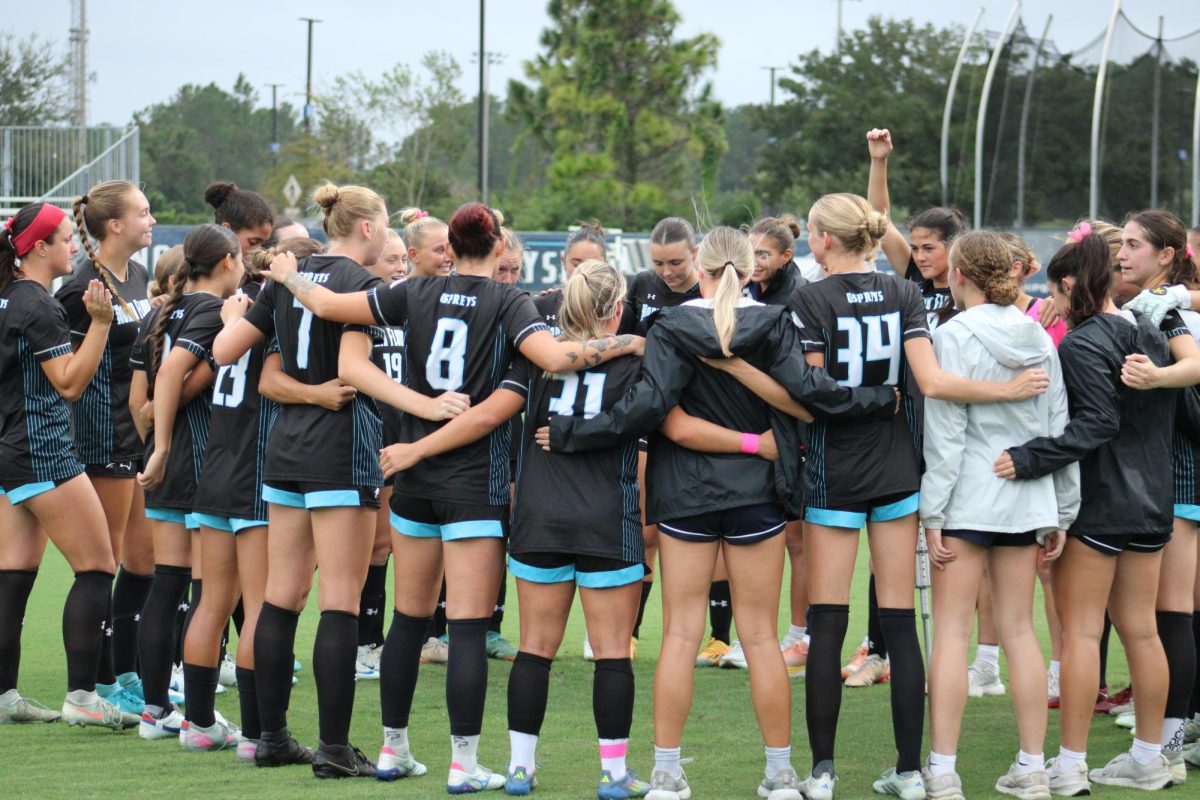
The UNF Board of Trustees violated a Florida state law when it changed its scheduled meeting without reasonable public announcement June 19, said three attorneys, two of whom specialize in media law.
However, Karen Stone, a UNF vice president and general counsel to the UNF Board of Trustees, said the board did not meet out of the Sunshine law.
The UNF Board of Trustees Bylaws state in article two, section four that notice of board meetings must be given seven days in advance with a general statement about the subject of the meeting, said George Gabel, a Florida attorney specializing in media law.
The public should consider anything the board did at its June 19 Plenary Session — which moved to 2:15 p.m. from 2:45 p.m. — void, said Dave Miner, a Florida state attorney.
Tom Serwatka, a UNF vice president, said the fact that a media attorney said the June 19 meeting is void doesn’t mean it’s void; that’s just his opinion.
Pat Gleason, the special counsel in the Florida Office of the Attorney General, said her office cannot comment or whether or not the board violated the law. She said her office can only give legal advice to public agencies and their respective cases.
Sunshine State law provision 286.011 section 1 declares that any acts at public meetings are to be open to the public at all times with reasonable notice of all meetings.
The time change was not a violation of Sunshine law given the circumstance of running early and the board’s personal outreach to the Spinnaker, Stone said.
Stone said this is not an ideal way for the board to meet. It has not happened before, she said, and it won’t happen again.
“My primary concern was contacting the Spinnaker to let them know the board was running ahead of time in other meetings and that the scheduled Plenary Session would start early,” Stone said. “My second concern was making sure that no individuals from the public arrived at 2:45 p.m. for the board meeting.”
One of the scheduled items on the board’s agenda for June 19 was to tour the UNF Wellness Center, Stone said. The board members finished the tour early, so they proceeded to have the 2:45 p.m. Plenary Session early, she said.
Everett Malcolm, a UNF associate vice president of student affairs, notified a Spinnaker reporter about the time change 15 minutes before the meeting was about to start.
Frank LoMonte, an attorney with the Student Press Law Center, said most states require an advanced notice of 48 to 72 hours before public meetings change time and place.
The board is not able to give a 48-hour notice if it is running ahead of schedule, Serwatka said. The starting time for the first meeting will not change, but there is no way to know until then if other meetings in that same day might be running ahead or behind schedule.
LoMonte said the whole point is to let the public make plans to be there, especially if the meeting is on a business day when people may have to rearrange their schedules to be present.
Emergencies would be the only exception to not giving reasonable notice as to when and where the meeting is being conducted, Miner said. Changing the time simply for the board’s convenience does not comply with Sunshine law, he said.
The time moved because the board was ahead of schedule, Serwatka said. Serwatka said making the trustees sit around until the listed start time can be awkward.
“These board members are community folks with busy schedules, so we try not to impose on their time more than we need to,” Stone said.
The general counsel and board have talked about how they need to get away from predicting times, Stone said. She said they do not know whether another meeting or workshop might run earlier or later, which would cause a scheduled meeting to change its time.
“The board is recognizing this issue, and going forward, we will have a different posting so that we won’t end up in this bad place,” Serwatka said.
Possible fallback
These board members are public officials who are meeting without notifying the public properly, which is against the law, and they could be prosecuted, Miner said.
It’s hard to believe UNF would do this on purpose, LoMonte said. He said the June 19 board meeting doesn’t legally exist.
A judge would rule that the June 19 meeting is void, if any person felt inclined to challenge anything that was passed, LoMonte said. If challenged, the effect is the board wasted its time by not having a legal meeting because the trustees will have to go back at a properly advertised meeting and redo all the votes.
No one has challenged the June 19 budget increase meeting, Serwatka said. The public usually doesn’t come to any of the board meetings unless it’s a topic concerning a tuition or fee hike, he said.
If someone challenged the meeting, then the board would take the case to its attorneys to see if it could fight it, Serwatka said.
“I would love to talk to UNF’s attorney and find out how they could let this happen, especially if one was present at the meeting,” Miner said.
Stone said if any member of the public is concerned about missing the meeting, she would suggest the board meet again to redo the vote.















